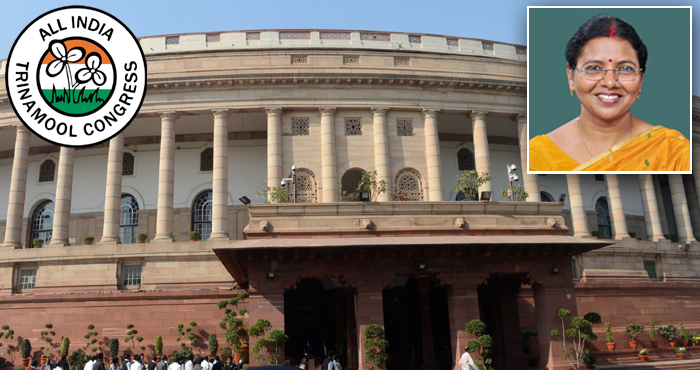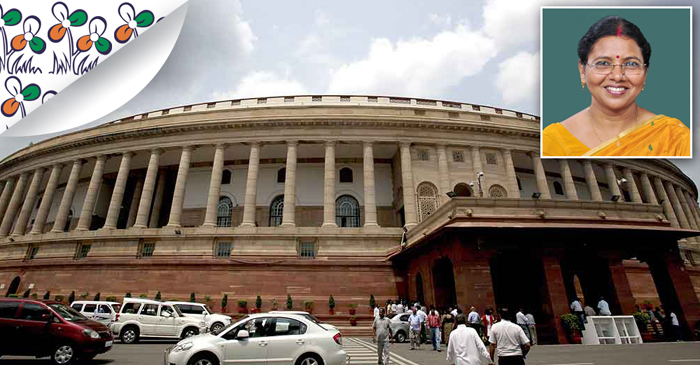FULL TRANSCRIPT
Thank you, Sir, for giving me the opportunity to speak on the The Indian Institutes of Information Technology (Public-Private Partnership) Bill, 2017. The Bill proposes to set up Indian Institutes of Information Technology (IIIT) in PPP mode.
In this model there will be autonomy in governance that will help in addressing the present challenges faced by the IT industry in our country. It will help in growth of the domestic information technology market including developing new knowledge areas and creating skilled manpower of global markets.
Presently the IT sector is going through turbulent times. Most IT companies are witnessing some notable layouts across the technology sector. This increasing pace of layoffs the number of employees who have lost their jobs are likely to be more compare to last three years.
The Indian startup ecosystem, along with the big companies, has not been able to save itself from various problems like funding and investments. So it is extremely necessary at this juncture that we create world class education centres to develop skilled manpower in emerging sectors and address this issue.
Four IIITs have been established at Jabalpur, Kanchipuram, Gwalior and Allahabad, which are publicly funded and governed by the IIIT Act, 2014, to provide under-graduate as well as postgraduate education and specialisation in allied areas.
The government proposes to set up 20 IIITs in Public-Private Partnership (PPP) mode. Presently, 15 functional IIITs in PPP mode are proposed to be declared as institutes of National importance.
The IIIT set up in PPP mode is required to be given statutory status that should enable the Institutes to grant degrees to the students. Every IT Institute shall strive to raise funds for creation of a purpose for self sufficiency, sustainability and future development of this institute. The State Government shall identify at least one industry partner and preferably three industry partners for collaboration and submit a proposal to the Central Government.
The Government hopes that trained personnel from this institution shall fulfill the growing demands for skilled technical manpower in emerging IT sector and the economy as a whole. The institute shall be open to all persons irrespective of gender, caste, creed, disability and domicile and ethnicity, social or economic background. This is indeed a commendable initiative taken by the government.
Establishing IIITs in PPP more and subsequently declaring them as institute of national importance would help in providing vital education to students for research and development and make the way for India becoming a world class leader. These institutes then declared as institutes of national importance are expected to come up as institutes of excellence that would facilitate and promote the competitive advantage of Indian information technology products.
For competing in the global market, IT sector requires developing quality products with leading technologies and competitive advantage. It would be provided with adequate infrastructure, along with their own buildings. Many IIITs, including IIIT, Kalyani in Bengal do not have their own building and occupy rental premises, resulting in operational problems.
Also standardising the fee structure amongst the different IIITs would help in promoting standardisation and equality. I would request the Hon. Human Resource Development Minister to please take all this into consideration.
In this Bill, it is mentioned the investment of capital required to establish the proposed institute will be borne by the Central Government, the concerned State Government and industry partners in the ratio of 60:35:15. The recurring expenditure in the last five of operation will be made available by the Central Government.
I would request the Hon Minister to clarify this point because after the Government provides funds only for five years, they can withdraw the funding. Due to the increase of fees the students cannot get a chance.
We are aware that many talented students are the leaving the country in search for better option to enhance their academic career. Also people get disenchanted with the low results available for their qualifications and experience which compels them to migrate to developed countries in search of better options. To attract this talented pool and encourage them to remain in the country, programmes at such institutions of national importance should be aimed at providing solution to current technical challenges in wide domains like robotics, artificial intelligence, cloud technology, internet of things and automated systems.
They should also offer academic and resource programs that integrate engineering design, manufacturing and management with information technology. World class infrastructure along with competent faculty is a must for these institutions. The information technology and research graduates from these institutions can become entrepreneurs and start their own organisations.
So, I would ask the Government to ensure that the course design, infrastructure and faculty are world class. With these words I would like to request the Honorable Minister to please consider my point as I rest here.
Thank you on behalf of my party.



